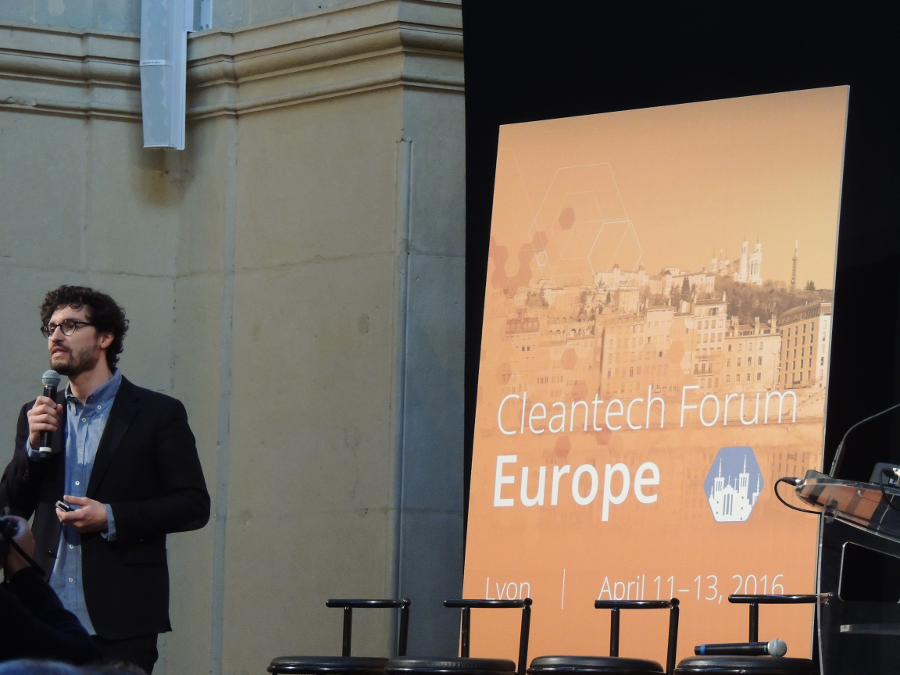What are the implications of Cop21 for Cleantechs

How will COP21 impact on cleantech companies?
This is the question that Pierre Cannet, head of energy, climate and infrastructure in the WWF foundation, posed to the attendees of the Cleantech Forum 2016 .
For Pierre Cannet, the biggest revelation of COP21 was the renewed marriage and commitment of science, innovation and political will to change things. This commitment is most strongly evident in the desire to move towards renewable energies, the thirst for possessing and using new technologies, and as a consequence of this, the desire and necessity to develop cleantech.
In Cannet’s opinion, COP21 is therefore notable for three main things: the Paris agreement, historic in itself; the creation of new coalitions and the actions to be undertaken as a result of the agreement; in short, the international mobilization that will be generated by the agreement.
However, the WWF representative also expressed and oft-heard and well-known opinion: there is a significant gap between the required actions and proposed actions. For example, limiting global warming to 2 ° C is, for Pierre Cannet, an insufficient and unambitious goal.
Cannet also noted that the present time is a critical period in the run-up to 2020 (when the COP21 agrement comes into force). Cannet insisted that the short-term decisions we take today in the lead up to 2020 will also have an important role to play in shaping the future of our planet post-2020.
Among the coalitions previously mentioned above, Pierre Cannet stated that it is important to note that the coalitions that have been formed, such as the Renewable Africa Initiative (RINA), represent a strong commitment on the part of the participating countries. This commitment is all the more notable and praiseworthy when we remember that the coalitions were not imposed on those countries, but that the coalitions were formed as the result of countries deciding to make their own commitment to the future and creating coalitions with like-minded countries.
However, Cannet also believes that it is incumbent upon the CEOs of companies to lead the call for a stronger development of cleantech and to ensure that the COP21 successfully fulfills its duty and delivers on the goals and pledges that have been agreed upon.
Thus, the WWF believes that the coming months should be marked by strong actions, acceleration, new advertising and publicity but in a way that is consistent with the Paris agreement and that helps pave the way towards the COP22.
In his short speech, Mr Cannet was at pains to point out that the WWF sees the COP21 as a starting point towards building a better future, not an endgame in itself. For Mr Cannet and the WWF, 2020 is not a goal but a single step in a larger struggle, which means that it is necessary for the industry to take a step back and to walk together towards a single goal.

